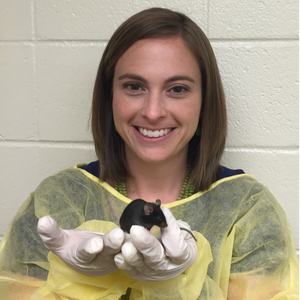Event Details
In recent years, the scientific community has finally become more generally aware of the current reproducibility and translatability crisis. Some of this awareness has come from the recent NIH initiative on "Enhancing rigor, transparency, and translatability in animal research" starting a paradigm shift around certain themes. This shift can be characterized at the micro level as a shift from asking "what have we controlled for in this model?" to asking "what have we chosen to ignore in this model, and at what cost?" At the macro level, it is a shift from viewing animals as tools (the furry test tube), to viewing them as patients in an equivalent human medical study, this includes providing for an animals welfare as well as experimental design and analysis techniques. Colleagues and I feel that we are witnessing the birth of a new discipline, which we have termed Therioepistemology, or the study of how knowledge is gained from animal research. In this talk, I'll outline six questions that help critically evaluate animal-based biomedical research from a therioepistemological perspective. Ultimately, by formalizing therioepistemology as a discipline, we can begin to discuss best practices that will improve the reproducibility and translatability of animal-based research, with concomitant benefits in terms of human health, animal well-being, and scientific quality.
14:00-15:00 BST | 15:00-16:00 CEST
Who is this event intended for? Colleagues working in in-vivo research.
What is the benefit of attending? Attendees have the opportunity to learn how knowledge can be gained from animal research.





